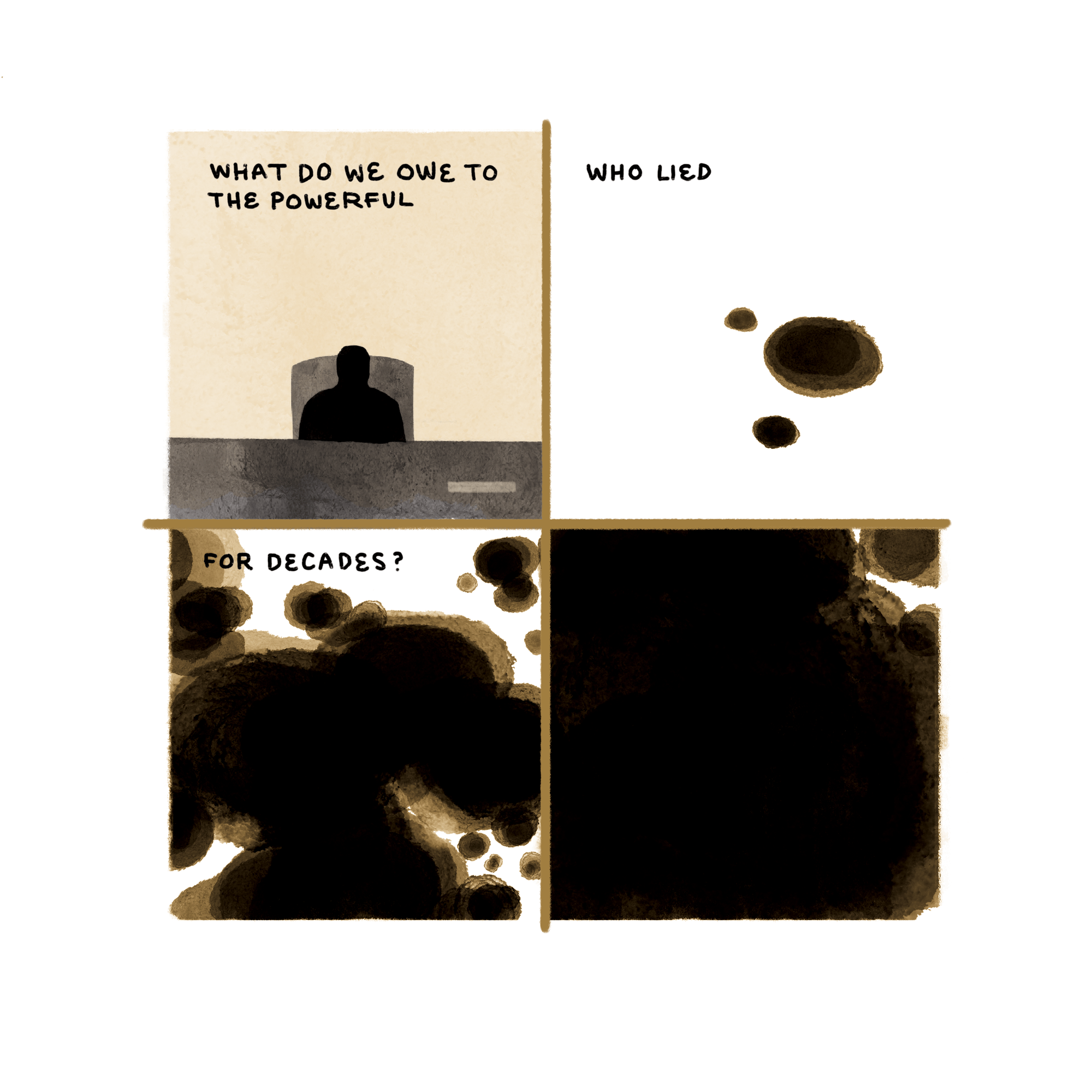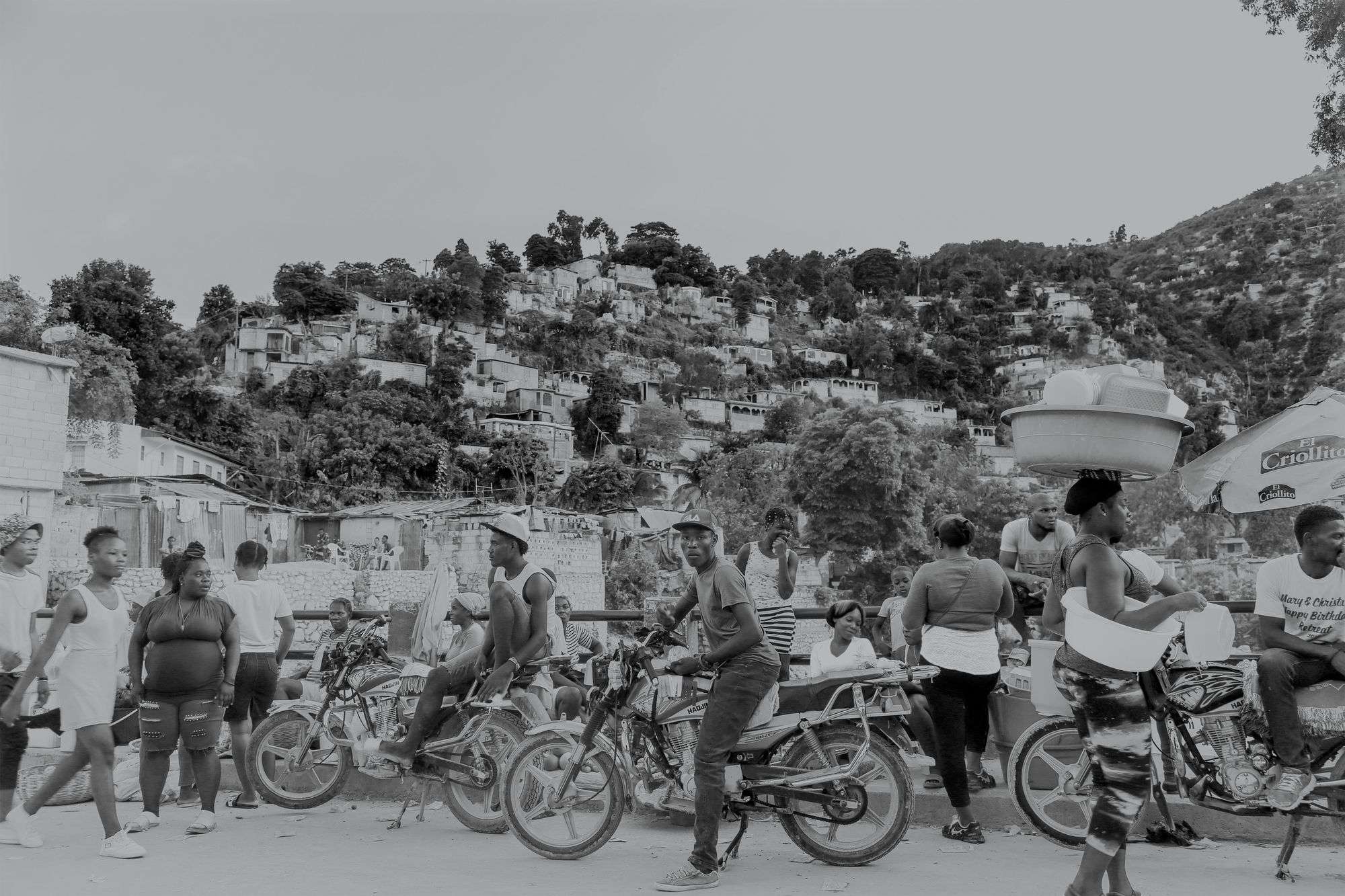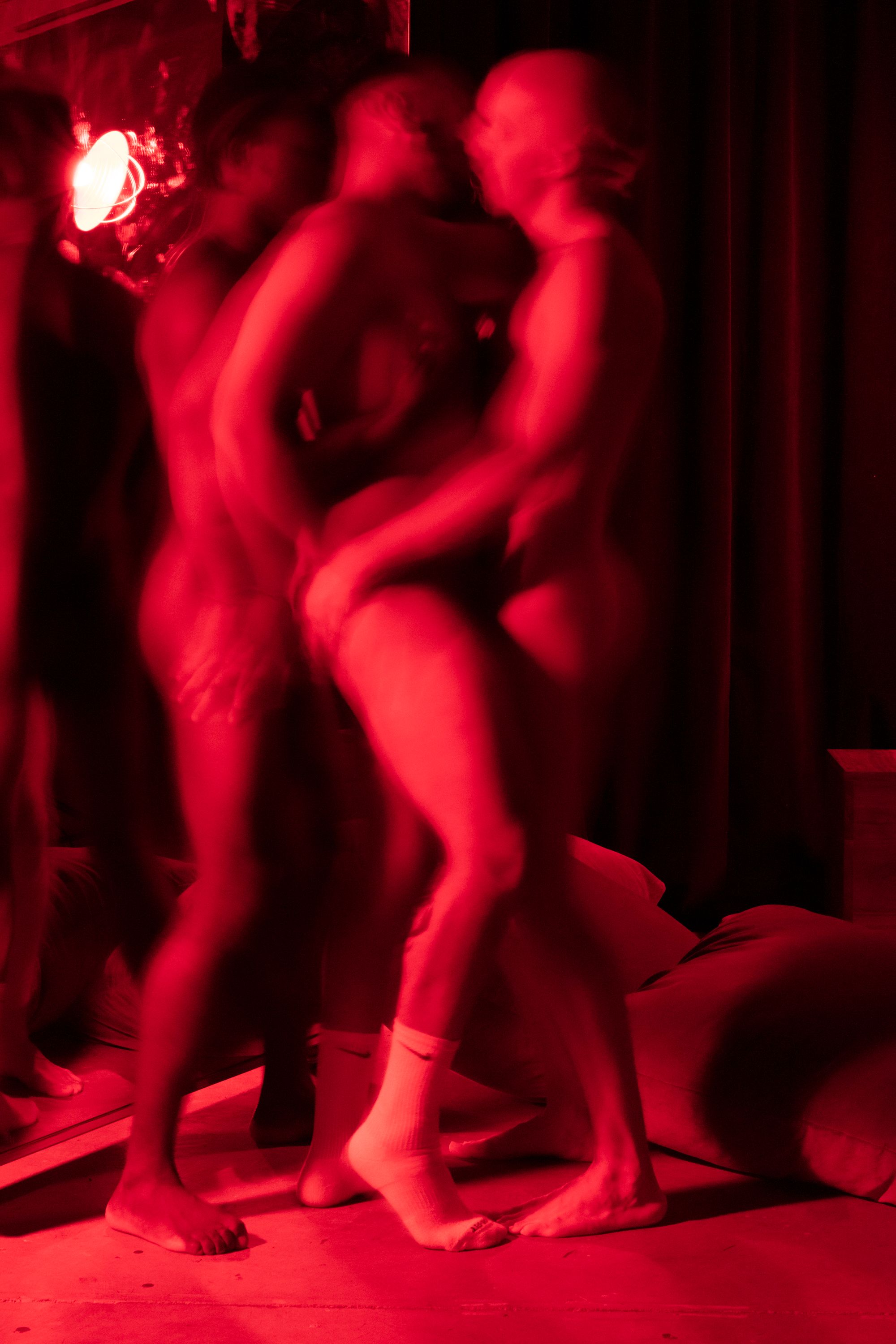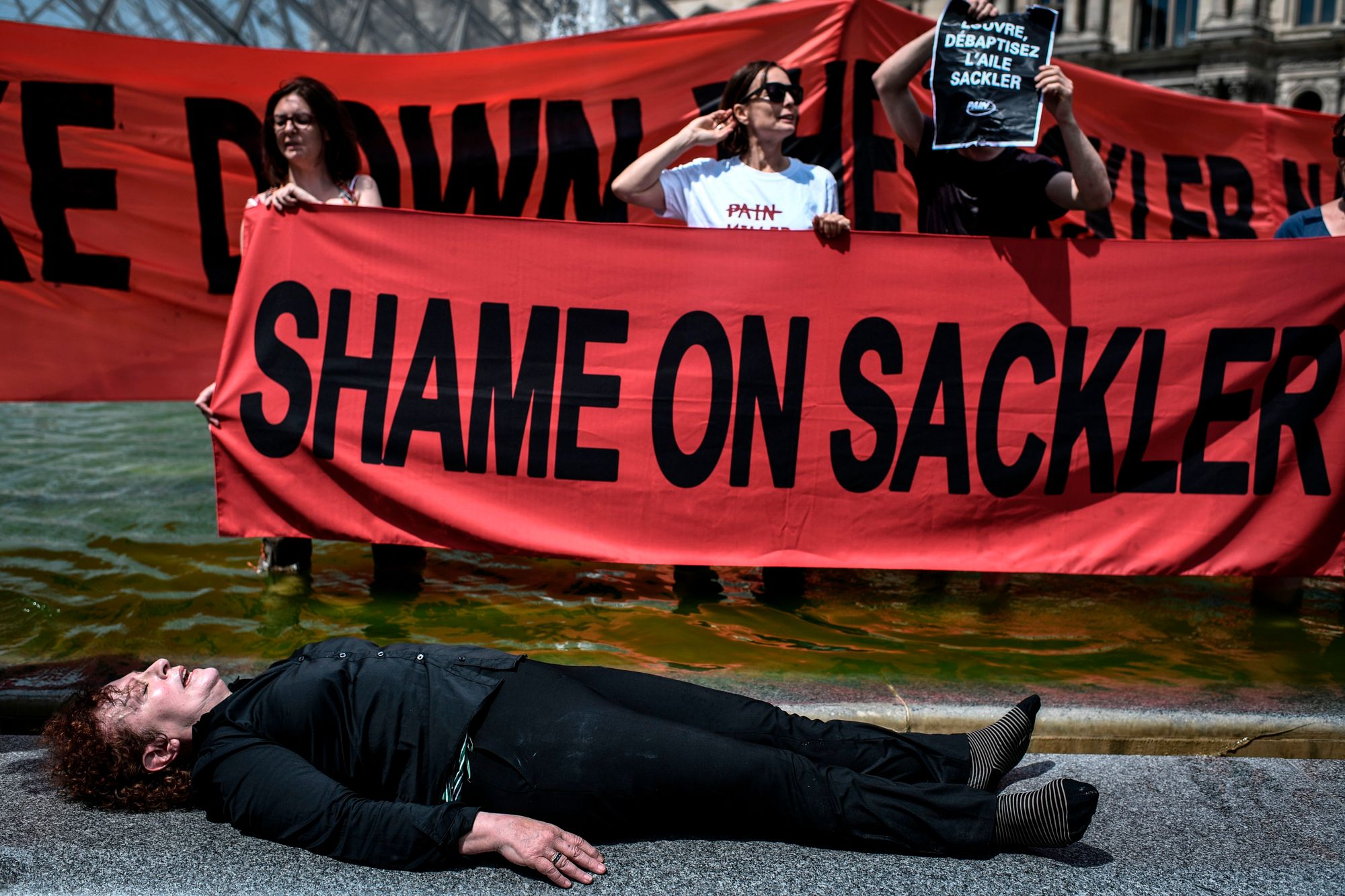Dog Days Reading List
For these last sultry days of summer, we offer you a reading list to peruse at your leisure. In this time of unabating heat and incessant rain, we find ourselves drawn to the polarities of fire and water, love and protest, troubling solitude and easy intimacy. Enjoy these favorites from our archives, and stay tuned for more to come.
Taking Water for Granted
By Leon Dische Becker

Leon Dische Becker considers our idiosyncratic relationship with the stuff of life, through conversation with author Charles Fishman and photographer Mustafah Abdulaziz.
On Fire
By Naomi Klein

Naomi Klein’s essay contribution to All We Can Save: Truth, Courage, and Solutions for the Climate Crisis, considers the power of the youth climate movement and how to care for one another in times of emergency.
City of Love
By Ariana Reines

Ariana Reines writes a love letter to Port-au-Prince: “This love of Port-au-Prince has to do with the horror of human suffering, and the exhausting nightmare of history, and the livingness of what whites call history.”
Brittney's house, Friday night
By Chris Kraus

I Love Dick author Chris Kraus dives deep into the sex, social lives, and addictions of Hibbing, Minnesota’s residents leading up to a murder on a snowmobile trail—the first of three installments from Kraus’s upcoming book.
The Godfathers
By Michael Bullock

In the first installment of Heaven Tonight—our new series of erotic stories that transgress the conventions of desire—Michael Bullock tells the story of a gay couple on the brink of marriage encountering an inexperienced, but very eager, thirty-three-year-old virgin.
Scientific Controversies: Are We Alone?
By Janna Levin, Nick Lane, and Caleb Scharf

For Scientific Controversies, astrophysicist Janna Levin invites biochemist Nick Lane and astrobiologist Caleb Scharf to discuss the origin of life on this planet, on other planets, and even in other universes.
“Sacklers Lie, Thousands Die”: P.A.I.N. Against Big Pharma
By Lauren O'Neill-Butler

Lauren O'Neill-Butler writes about the body as a point of protest in the context of ACT UP and the activist collective P.A.I.N., whose work holds the Sackler family accountable for their role in the opioid epidemic.
Subscribe to Broadcast